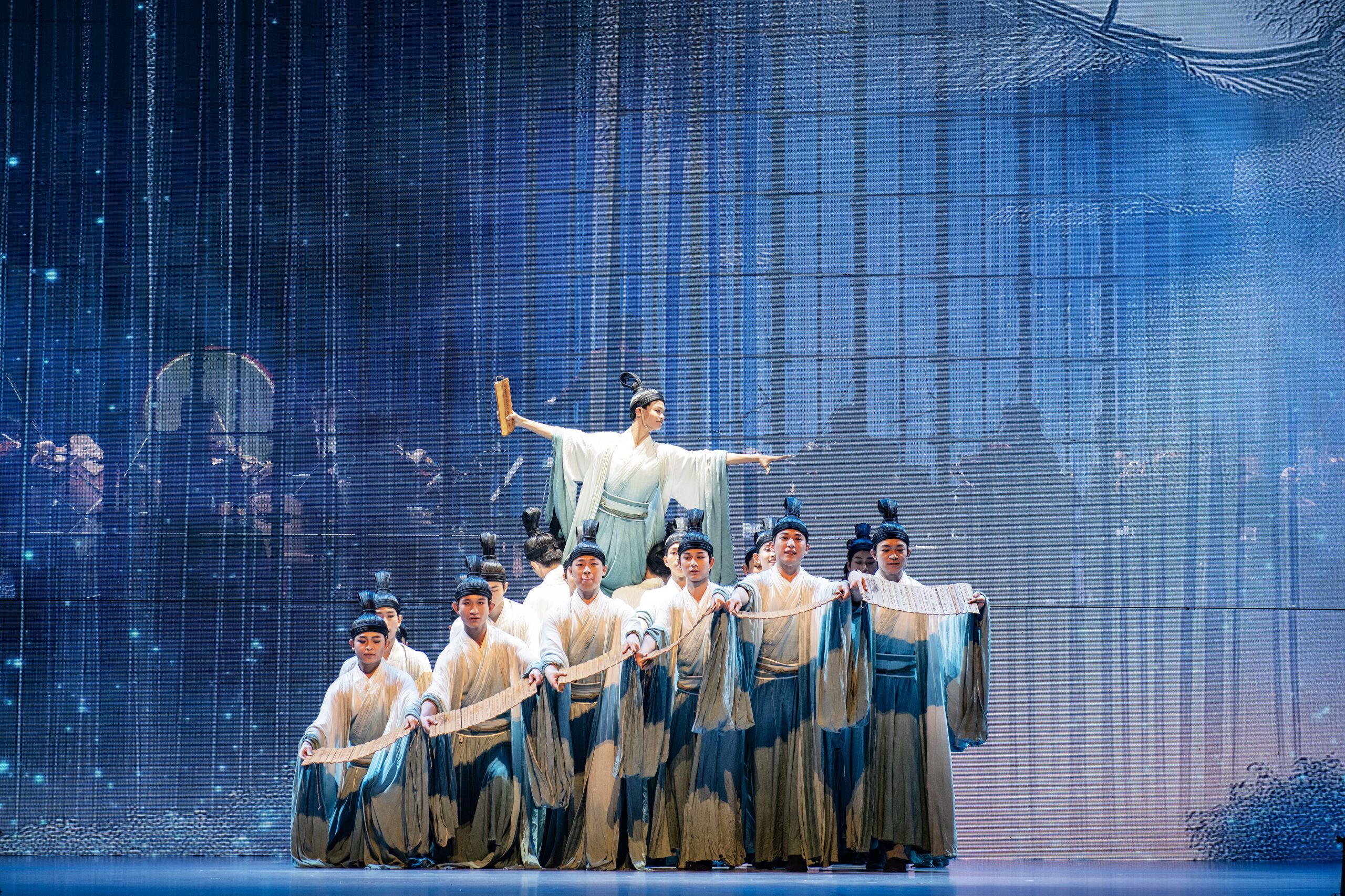
On the evening of September 27, the 2024 China International Confucius Cultural Festival opened in Qufu, Shandong Province, with a dazzling array of cultural performances celebrating the life and teachings of Confucius, the ancient Chinese philosopher whose ideas continue influencing Chinese society and thought in many parts of the world. The event was marked by the presentation of the 19th UNESCO Confucius Prize for Literacy, which recognized three outstanding projects from Egypt, Indonesia and Nigeria. This fact clearly demonstrates the global influence of Confucian philosophy.
In addition to the award ceremony, the opening night saw the launch of two major cultural initiatives: the “Global Confucian Temples and Academies Journey to Trace the Origin” and the “International Confucius Cultural Exchange Program.”
These programs aim to explore Confucian heritage globally, while fostering international dialogue and collaboration around Confucian ideals.
During the evening you could also enjoy the global Generation Z contest “Confucius in My Eyes”, in which young people from all over the world showed their artistic perspectives on Confucius through photos, short videos and writings.
The opening ceremony of the Confucius Festival
The festival’s opening ceremony featured an impressive array of cultural performances that captivated the audience. Through symphonies, dances and theatrical performances, the artists set out to demonstrate the depth and beauty of traditional Chinese culture, taking a particular focus on the contemporary relevance of Confucianism.
The carefully selected performances highlighted the core values of Confucius, such as “Ren” (benevolence), “Li” (protocol or ritual), and the importance of family and education. These elements remain an integral part of Chinese cultural identity to this day.
Attendees from both China and abroad highlighted the profound impact that Confucian thought has had on China’s development. They noted how Confucianism has significantly contributed to shaping the nation’s current ethical, governance and social harmony framework, and how its values resonate beyond the country’s borders and influence other civilizations.
For their part, speakers underlined the festival’s increasingly important role as a vital platform to promote international cultural exchange and foster friendship between nations through shared understanding of philosophical teachings.

Throughout the festival, great emphasis was placed on the importance of preserving, transmitting and innovating the intellectual heritage of Confucius and other great thinkers.
The guests and academics present at the event highlighted the need to deepen cultural exchanges and cooperation in areas such as literature, art and public cultural services. The preservation of cultural heritage, they argued, is fundamental to cultivating a vibrant global cultural landscape that honors both tradition and innovation.
As part of the international vision of the festival, delegations from various countries were invited to participate in the ceremonies and cultural activities. This international presence is a clear example of the festival’s aforementioned commitment to strengthening global connections and understanding.

In addition to vibrant performances and intellectual exchanges, the China International Confucius Cultural Festival also attracts thousands of tourists from all over the world to Qufu, the birthplace of Confucius.
Visitors flock to the city to explore its historical monuments, such as the Temple of Confucius, the Kong Family Mansion and the Confucius Cemetery, all UNESCO World Heritage Sites.
Through the tour of these places it is possible to closely appreciate the life and legacy of Confucius, learn about his history and life in those times.
The festival is an opportunity for everyone who attends to meaningfully engage with Chinese cultural heritage. During this date, numerous guided tours, exhibitions and interactive experiences are organized so that tourists can immerse themselves in the history of Confucianism and its influence on Chinese culture and society.

Source: https://reporteasia.com/cultura/2024/09/28/festival-cultural-internacional-confucio-china/

